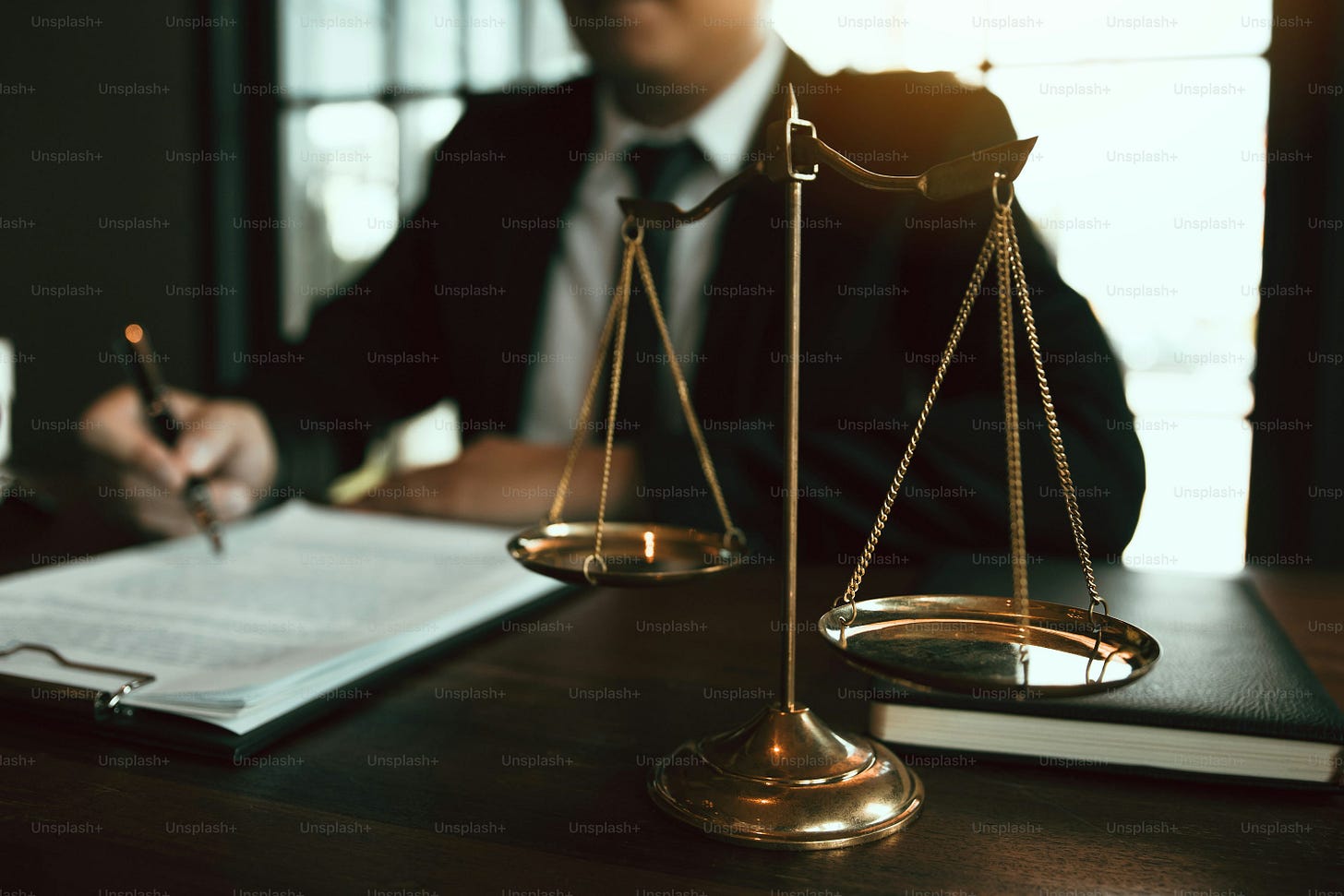Appearance in court or a significant meeting to resolve an issue. The Practice of Mindfulness
Body language. Skilful speech. 10 Ways to respond a question.
During years as a newspaper reporter in my early 20s, including UK, Turkey and Australia, I learnt much about court procedure.
I observed the manner of those who give testimony and attitudes of judges, prosecutors and defence. This post includes a range of tips worthwhile noting if you or someone you know will appear in court or speak to a tribunal etc.
Do you need to appear in court? A witness for the prosecution? A witness for the defence?
On trial? Facing a tribunal? Speaking at a public hearing?
Are you due to speak in a public inquiry?
Do you have to attend and speak at a challenging committee meeting?
Do you know anyone in such a situation?
BODY LANGUAGE
Here is a list of pointers for calm and clear communication when under sustained pressure.
Most important point to remember of all – Speak that which you genuinely perceive is in accordance with the facts. Speak what is useful to state.
Bear in mind the attention to detail.
Do not wear garish, bright clothing but toned-down clothes. Too much colour could give the impression of being garish or untrustworthy.
Keep the body upright; with back straight and hips moved gently forward to expand stomach for easier natural breathing.
Keep hands still (movement distracts and gives an impression of excitement or agitation).
Keep both feet flat on the floor to keep centred and grounded.
Don’t drop your head. It gives the impression of defeat.
Drink water regularly – also gives a little breathing space in difficult periods.
SKILFUL SPEECH
Never raise the voice. It always sounds like denial, avoidance or simply losing the argument.
Speak to the person further away from you, so all can hear.
Speak from your heart-mind with a caring tone in the voice. Practice at home with a friend before you go to the court.
Avoid ums and aghs. It sounds as if you experience self-doubt.
Keep sentences short, to the point, free from exaggerated or flowery language.
Answer every question politely. Their lawyer will try to rattle you. Don’t grab onto their barbs.
If it is a difficult question, or you sense a trap, ask their lawyer to rephrase the question. Could you explain that question, please?
Under undue pressure, turn to the judge, arbitrator or chairperson for help. Explain the difficulty. Perhaps you feel their lawyer ignored your earlier answers. The judge will appreciate your turning to him/her for advice.
Don’t hesitate to repeat yourself regularly in a calm and clear voice. ‘As I said previously...’
Always take your time to answer tough questions. It is better to wait a few seconds than answer rapidly and regret it later.
TEN WAYS TO RESPOND TO A QUESTION
Read carefully to remember different kinds of responses available to you.
1. Yes
2. No
3. Both
4. Neither
5. Ask a question back. Could you rephrase the question? or Do you mean...?
6. Silence
7. If a question is general, answer with a specific example related to the issue.
8. If specific question on detail, answer in the general as well, if appropriate.
9. State in a couple of sentences a point that you have not been asked and wish to make.
10. Keep sentences short and to the point.
Refer to any earlier written statement.
Remember, their lawyer may be trying to set traps. Eg. What you say in the witness box conflicts with your written statement.
If you need breathing space, ask for it, especially in a difficult period of questioning or nerves.
If you get angry with their lawyer, make a short apology, referring to the pressure of the situation.
Don’t hesitate to ask for a question to be put in a different way.
Make use of simple statements or requests so the judge shows empathy and understands you.
Try to speak in the positive, i.e. I do say .... rather than I don’t say…
Try to finish on a strong note. “I am glad I have had the opportunity to clarify all the important questions you have raised!’
FINAL WORD
After you finish speaking, be mindful of your mind’s responses/reactions to what you said or your overall view. You express a view. Don’t put yourself in the internal mental court of prosecutor, defence, judge and jury. There may be a range of responses/reactions in the court or hearing to your statements.
Never forget that the courtroom is not necessarily about uncovering and revealing truth. It is often about winning and losing a case. Speak what you know for yourself is factual and useful without attachment to results to the case in the court, adjudication or public meeting.



what useful, extremely clear comprehensive instructions. Thank you, Christopher.